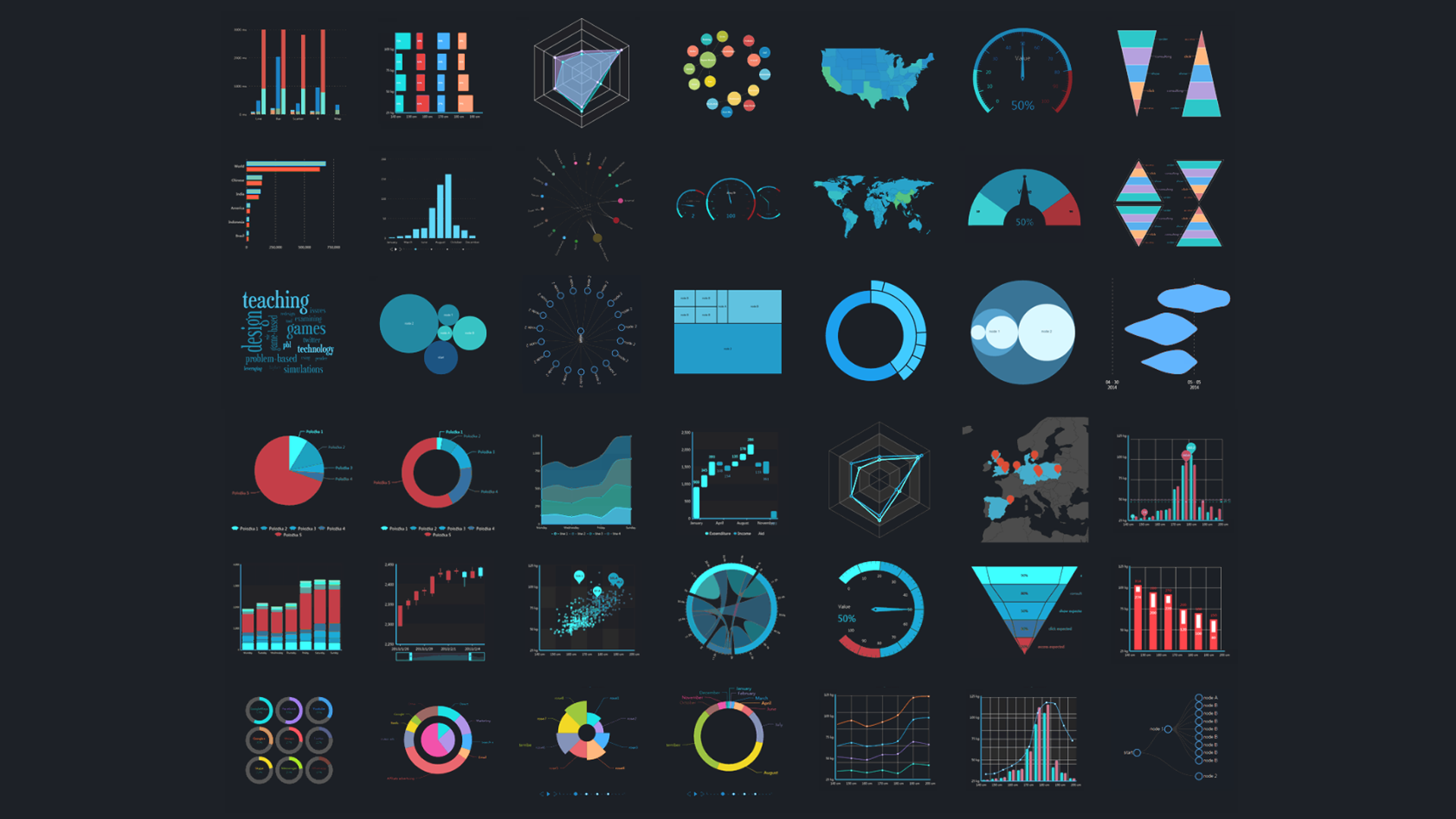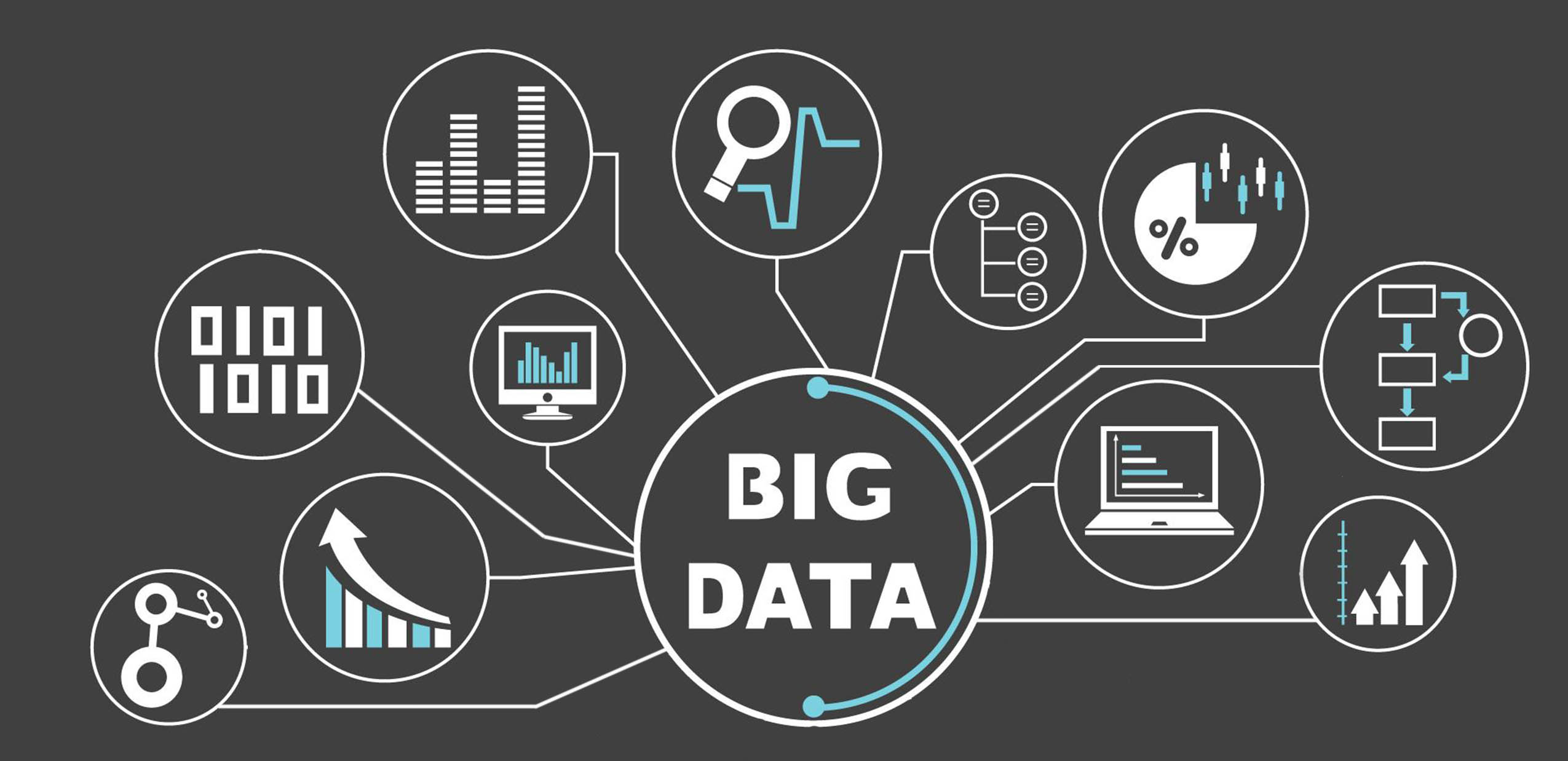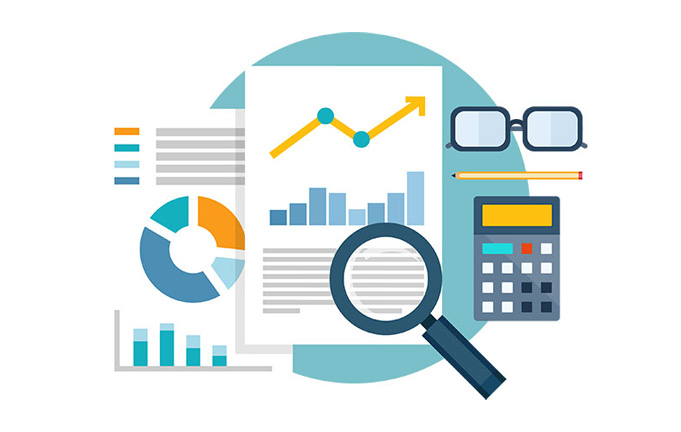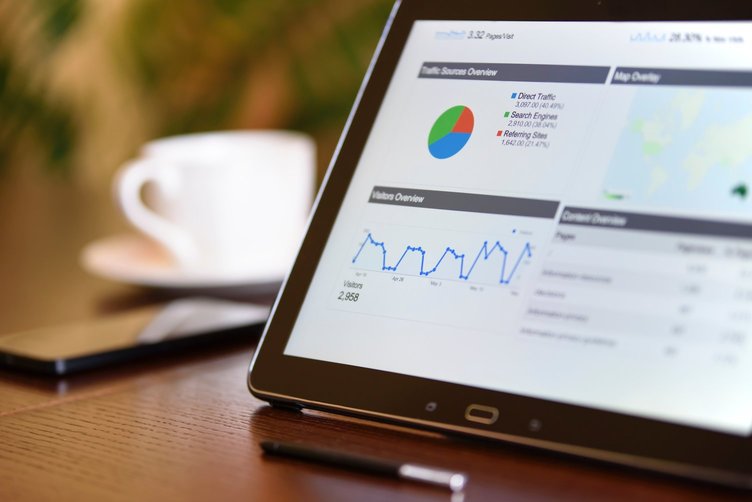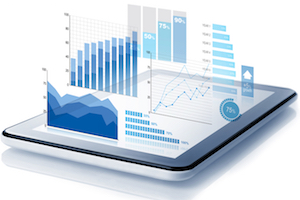When should I move to a big data solution?
'Big data' is one of the most popular buzzwords in the business intelligence space today. Like most buzzwords, there's a lot of confusion about what big data is and how it can be used. The end result of all this marketing hype is that business leaders are less sure about their data management strategies than they would be otherwise.
Is my data big? What should I do to manage my big data? Should I move to another data hosting service? Should I upgrade my BI tool? Should I hire a big data scientist? These are just some of the questions that managers and executives are asking about this topic. In the haze of marketing and uninformed 'experts' weighing in, it's harder than ever to find answers. We're here to hopefully clear up some of that confusion and provide some answers to your big data questions.
Is my data big?
There isn't really a hard and fast rule for figuring out whether a data set is actually 'big data' or not. To be sure, big data is bigger than normal; when you can't store your data with an average consumer hard drive or server, then it's probably big enough to qualify as big data.
Big data also has some other elements. If you find that your current data storage solution can't update fast enough to show you your data in real time, your data might be too big for that tool. If you can't store all the different types of files you need to, you might need a big data solution.
There is one consistent rule of thumb for figuring out whether you need a big data solution. If you're constantly running up against the limits of your data management tools because your data demands are too large or complex, then your data is big data. The actual size and complexity of your data doesn't actually matter; what matters is that you need a more robust tool than you currently have.
How do I manage big data?
The strategies that a business will need to use to manage their big data will depend pretty heavily on what their data requirements actually are. There really aren't any one-size-fits-all solutions in the big data space; most solutions will be fairly personalized. However, there are some general guidelines that can help the clueless get the best result.
First, the best way to deal with big data is to prepare for big data when you start implementing your original data solution. When a business starts looking for their first business intelligence tool, it's common advice that they should look for a tool that can easily scale up beyond their current BI requirements.
This is why that advice is so common - it's much easier to just buy a couple more BI licenses within your current tool than it is to implement a whole new tool. Nowadays, most of the popular BI tools can scale up to meet increased demand, but it's still important to prepare in advance.
The core of a big data solution is usually made up of two different data-focused tools. A business will need to figure out their data hosting solution, and they'll need to figure out what BI tool is best for them.
Should I move to another data hosting service?
When a business's data requirements start to get really big, they start to outgrow that business's data storage solutions. Since many BI solutions charge based on how much storage a company uses, it can quickly become cost-prohibitive for a business to use a BI tool as their primary data storage solution. At that point, these businesses will need to look for some kind of third-party solution.
At the big data level, businesses should look towards an enterprise-level data warehousing solution like Snowflake or Microsoft Azure. Tools like these are specifically designed to properly store massive amounts of business data. A smaller service might be able to handle that amount of data without any massive problems, but they won't be as cost-effective as using an enterprise-level solution.
At the point where a business is starting to overwhelm their BI tool with data demands, it's probably time to implement a real data architecture solution. Data architecture is one of the fastest-growing sectors of business intelligence, and many businesses are implementing complex data architecture solutions.
Big data hosting solutions are like big data BI solutions. If you're constantly having trouble with your data hosting solution because of the scale of the data that you're hosting, it's a good idea to switch to something that can actually handle your data. If you're satisfied with your current data hosting tool, and think it can keep up with your data demands in the future, then there's usually no reason to switch.
Should I upgrade my BI tool?
Some BI tools advertise themselves specifically as big data BI solutions. For businesses that are starting to deal with big data, it can be tempting to switch from their current BI tool to something new. But is a big data-focused BI tool actually worth it?
In general, we recommend that, if you're happy with the BI tool that you're currently using, there's no need to switch to another system. It can be very hard to match a business to a BI tool that'll meet all of their needs, so if you've got a good thing going, there's no need to mess with it. A BI tool might have a few pain points, but if those pain points are mostly just minor frustrations, they can usually be ignored.
If the pain points with your BI tool are damaging to your business, though, then it's time to upgrade to a different tool. Since BI systems can have such an intensive implementation process, many businesses stick it out with systems that have outlived their usefulness because they don't want any interruptions. That mindset can be actively harmful to your business's success; if your BI tool isn't working for you, then it's time to switch to one that will.
If you want to upgrade your BI tool because you want to do more work with big data, there are plenty of options on the market. Not all of these tools specifically advertise as big data solutions, but in general, any tool that can operate at enterprise scale can handle big data effectively.
When BI tools say that they're big data solutions, they usually mean that they have features that specifically help businesses to leverage their big data. These tools often have features like machine learning tools, which rely on big data sets to train algorithms, and advanced data analysis features that can make the most of a big data set.
If you're interested in one of these big data features, it makes sense to invest in a tool that makes these features a focus. However, there are a few caveats - first, there are plenty of tools that have good big data tools, not just the ones that advertise. Second, enterprise scale big data tools can often be harder to use than less powerful solutions, since they assume that the large corporations that they sell to will have data scientists and engineers on staff.
In general, it's best to follow the same general guidelines for buying a big data BI solution as buying any other piece of software. Look for a tool that meets your needs and fits all your use cases, that can scale with your growth, and that your employees can actually use. For our recommendations of the best BI tools on the market, click here.
Do I need a data scientist for my big data?
Across the industry, many companies have taken down their listings for data scientists and data engineers and replaced them with listings for big data scientists and engineers. Are these skill sets actually meaningfully different, or can you manage big data with the employees you have now?
For the most part, the two roles are going to be very similar, and a regular data scientist who's qualified enough to work for your business will have the skills necessary to effectively manage your business's big data needs. If you already have an effective data team, there's generally no reason to specifically add a big data expert to it.
However, if your business doesn't have any data scientists or engineers, the point where you start to switch over from entry-level data solutions to big data solutions is a great opportunity to start investing in a data team. At this point, tools are less likely to be self-service and more likely to require a professional's touch to work properly.
Is using big data worth it?
Businesses that can properly leverage big data will be more competitive than businesses that can't. Big data helps businesses to make more accurate predictions and act with greater confidence on them, they make machine learning possible, and it makes it much easier to spot trends business-wide.
For managers and business leaders without any data experience, it can be very difficult to properly navigate all the hype surrounding big data. It can be a very powerful tool, but businesses need to be reasonable about what they expect to do with it. They shouldn't make any rash decisions or jump-in feet first without doing their research.
Hopefully we've answered some of the most common questions about big data, but if you want more guidance, reach out to our team of experts today. They have decades of experience in the BI space and can help you find the tool that's the best fit for your business.



